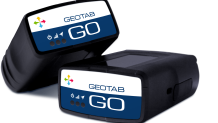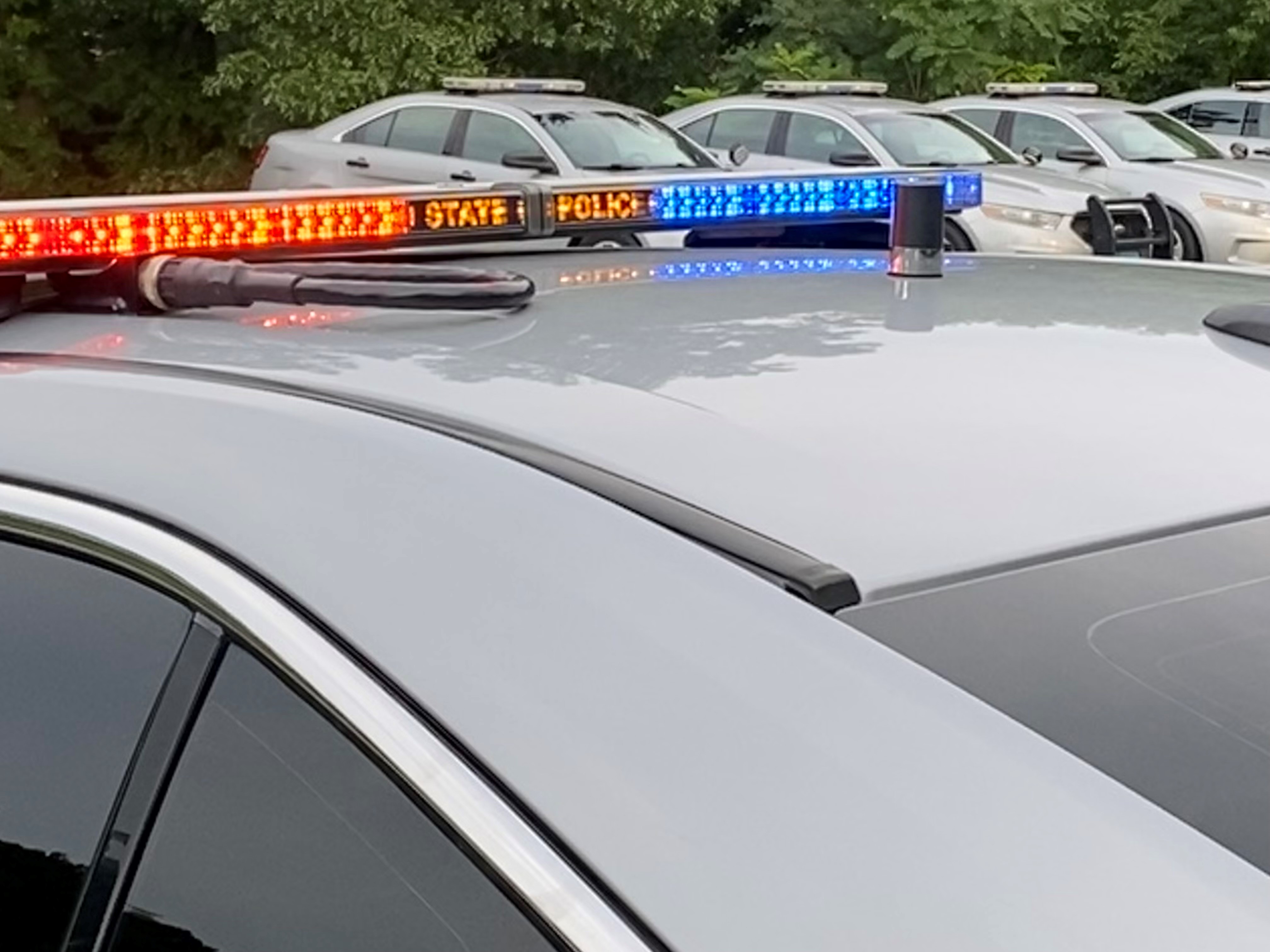The state will soon begin closer tracking of its auto fleet, but some employees are questioning how the information gathered will be used.
The Department of Administrative Services has decided to have GPS (global positioning satellite) devices embedded in almost all its 3,600 vehicles, for safety and to save money.
While the new technology has appeared to be a helpful tool, questions remain about who will get tracked, and discipline that gets handed out.
State employees, including AFSCME Local 2663 union president and DCF social worker Marybeth Kaczynski-Hill, weren’t happy when a memo this month announced the program.
Get Connecticut local news, weather forecasts and entertainment stories to your inbox. Sign up for NBC Connecticut newsletters.
“It's Big Brother to check on us that's all it is,” Kaczynski-Hill said.
State officials say the devices have already been installed in about half the fleet vehicles.
This hasn’t been about tracking employees as much as safety and reducing expenses, according to Lora Rae Anderson from the Department of Administrative Services (DAS), which oversees most of the state auto fleet.
The system by a company called Geotab can monitor metrics including location, speed, acceleration, braking, distance driven, collisions, taking turns too fast, seat belt use, idling time, average fuel cost, even dashboard warning lights.
“Someone didn't notice that their check engine light was on we were able to notice that through the tracker we had on the vehicle and bring it in for repairs,” Anderson said.
Anderson explains GPS tracking will automate mileage reports, eliminating countless hours of paperwork, with analytical tools also helping reduce the amount of time state vehicles run idly.
“We think that this could save nearly $2 million a year at some point in the future,” Anderson noted.
At a price of $18.50 per vehicle, per month, the GPS tracking system will cost about $800,000 per year. The state expects the system will pay for itself within one year.
“There are a lot of little opportunities that can save us a lot of money,” Anderson said.

Anderson added that system data can help the state assess how many electric vehicles it should buy as it works to reduce its carbon footprint.
It’s just how far this monitoring may go that has had state employees concerned.
Phillip Browne has been a correction officer and union steward in the Department of Correction (DOC) for 19 years.
Browne said his agency got a separate GPS tracking system about six years ago. He explained within months of it being introduced, his union and the DOC had to write a memorandum of understanding, or MOU, because of how Browne says the tracker was being used.
“If you had a supervisor that didn't like you as an officer they would look and monitor you for your whole entire day,” Browne said.
The DOC countered employees accessing the system “…have too many other daily responsibilities…” to monitor one vehicle, adding the MOU was drafted to address how driving violations are investigated, but it was routine.
See the full statement from DOC below.
The agency said it will eventually be switching over to the DAS system.
But unions have questions including, what will be tracked? Who can track it? And what will prompt a review of alleged poor driving? Right now, it’s mostly complaints from the public.
Kaczynski-Hill has wondered how the process with complaints from the public will play out.
“It’s like, I mean let's go back to the replay, and check and see what's happening that way? Or, is it gonna be like, oh, the person went over something, and that generates a report?”
The DAS will still take complaints from the public, with agency managers sometimes comparing what was alleged versus the GPS tracking and it has not finalized what metrics it will track.
The GPS systems began getting installed in state vehicles in January. When we asked the state if it had tracked anyone driving a state vehicle over 85 miles per hour, Anderson said she could not share that information because the Office of Labor Relations is still discussing with DAS and unions how to release that info publicly, and how discipline for violations will get handed out.
“We will have an opportunity to maybe go talk to people who might have a trend of speeding a little too much, things like that, but we want to assure our employees that what we're not going to do is downloaded for spreadsheet look at who was speeding and automatically give anybody sort of disciplinary action based on that alone,” Anderson explained.
The unions have also been concerned not everyone will be held accountable.
The DAS said the governor’s vehicle won’t have GPS tracking for security reasons.
No decision has been made on the lieutenant governor, attorney general, comptroller, treasurer, and secretary of the state.
“Conversations with them, just like they are ongoing with the unions and all of our other employees, are ongoing,” Anderson said.
Brown pointed out, “If the system is going to be utilized for safety and security it should be across the board for everyone.”
The DAS said it hopes it will complete its vehicle tracker installations within five months.
FULL STATEMENT FROM DOC ON GPS TRACKING
"The Department of Correction began utilizing GPS technology as a safety tool within our inmate transport vehicles in July of 2015. With a considerable number of inmates under staff escort in the community on a daily basis for court appearances and emergent medical care, the GPS system provides another layer of safety and security for the employees, the incarcerated population and the general public.
"Those who have been granted access to track the GPS system have too many other daily responsibilities to continuously monitor the movements of one specific vehicle. The agency utilizes the tracking system to locate vehicles in the event we are unable to make contact, monitor vehicle maintenance issues, provide concrete data in response to public inquiries and most importantly to ensure a timely response in the event of an emergency.
"Much like other written agreements between the agency and various Unions, the memorandum of understanding (MOU) with NP-4 was intended to formally outline policy and procedures. In this case, it speaks to the manner in which complaints from the general public regarding the operation of State vehicles are addressed, and how driving violations are investigated and handled. The MOU further serves to protect unionized staff members from private/privileged information from becoming public.
"As each DOC vehicle is equipped with the new statewide GPS, the agency unit will be deactivated. There are approximately 330 units still actively installed in DOC vehicles."



